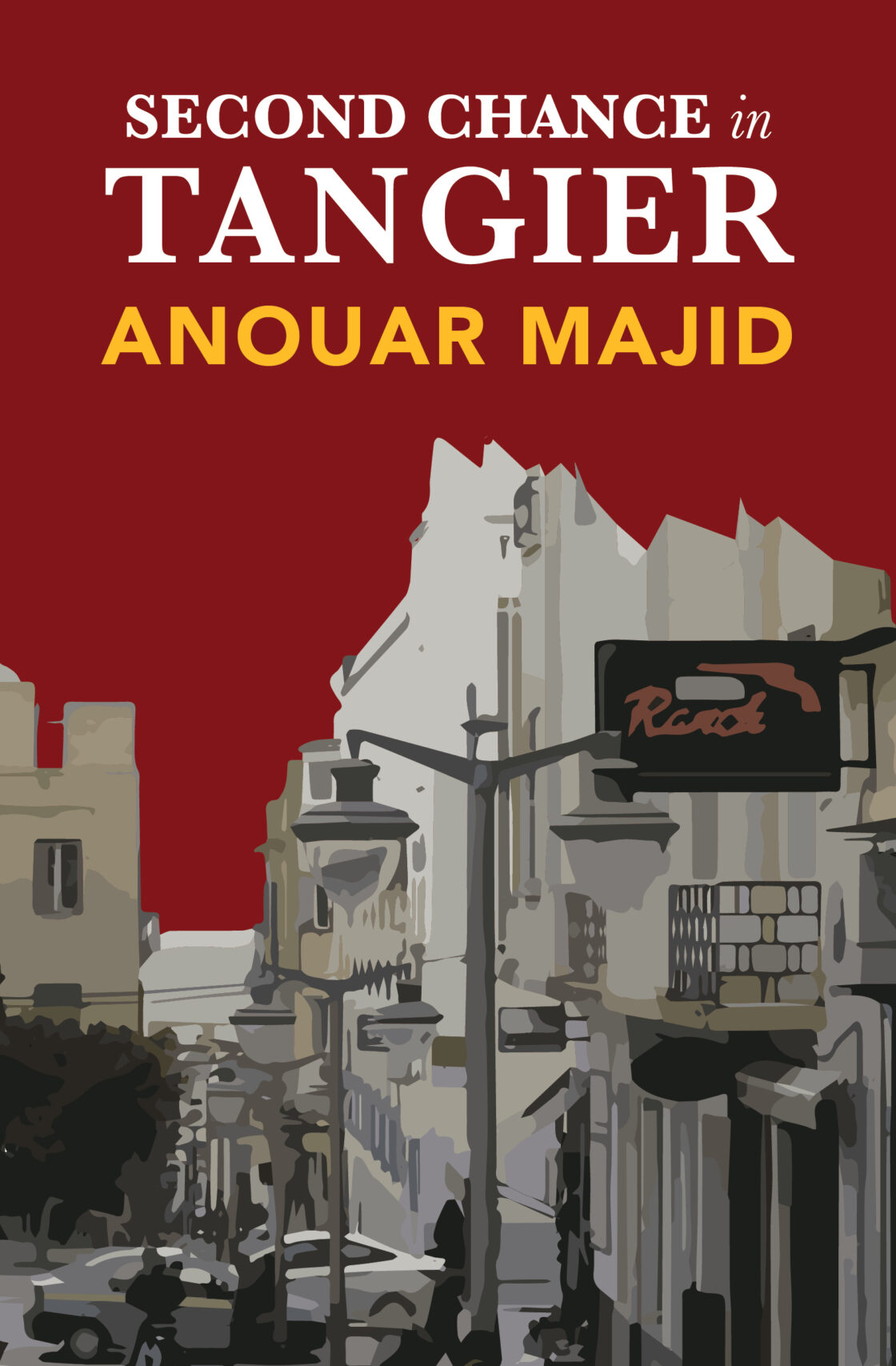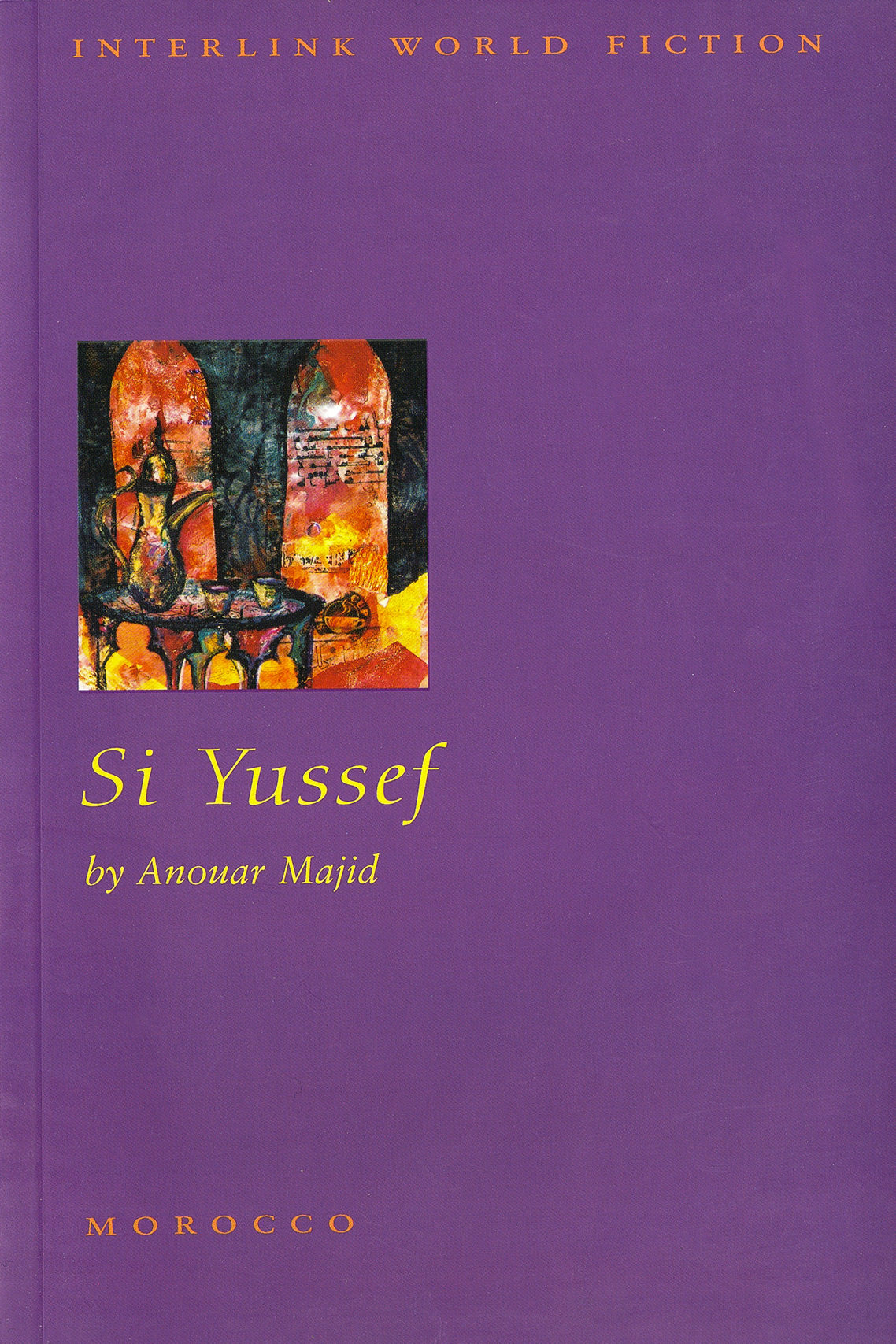Written before the coronavirus pandemic of 2020, Second Chance in Tangier tells the story of Lamin, a Moroccan man who leaves his native Tangier to study and teach in America and who makes something of a name for himself after writing a novel about a Muslim man who marries an unconverted Spanish Catholic woman. Lamin’s story is told by Rafik, the son of a childhood friend and a graduate student in New York who chooses to postpone his doctoral studies to find out about Lamin’s passions, loves, challenges, tragedies, his growing disenchantment with America, and his decision to return—after more than thirty-five years—to his native city. Rafik also realizes that—despite being from the same country—he and Lamin are divided by a world of unbridgeable differences. The destiny of both men, in the end, remains an open question.
Books
Si Yussef
The narrator of Si Yussef’s (“Mr.” Yussef’s) story is Lamin, a young university student in Fez. One gloomy day, he encounters the subject of his tale in Ashab’s café in Tangier. They continue to meet for the next twelve days—exactly four weeks and two days before Si Yussef’s death.
Si Yussef had grown up in the neighborhood of Amrah and had guided tourists around the Medina as a child. He became a bookkeeper with the only soap manufacturer in Tangier and for forty-seven years he frequented the Nejma café before transferring his custom to Ashab’s more cosmopolitan establishment in 1964. Si Yussef has come to be regarded with a certain amount of awe, not least because of his wife Señora Lucia—a Christian but a good wife—who was legendary beauty for whom a young Spanish sailor committed suicide in the port of Sebta.
As Si Yussef reminisces and assesses the gentle influences of the past, the narrator from his own unconscious or his own imagination, fills the gaps created by Si Yussef’s narration. This is the third meta-real, spiritual voice. Sometimes it is a voice of memory, vague but common, true but impossible to articulate with precision. The voice becomes the voice of Morocco itself, evoking with sensual images a world that cannot yet be confined with language as the story takes on the resonance of a prayer.


